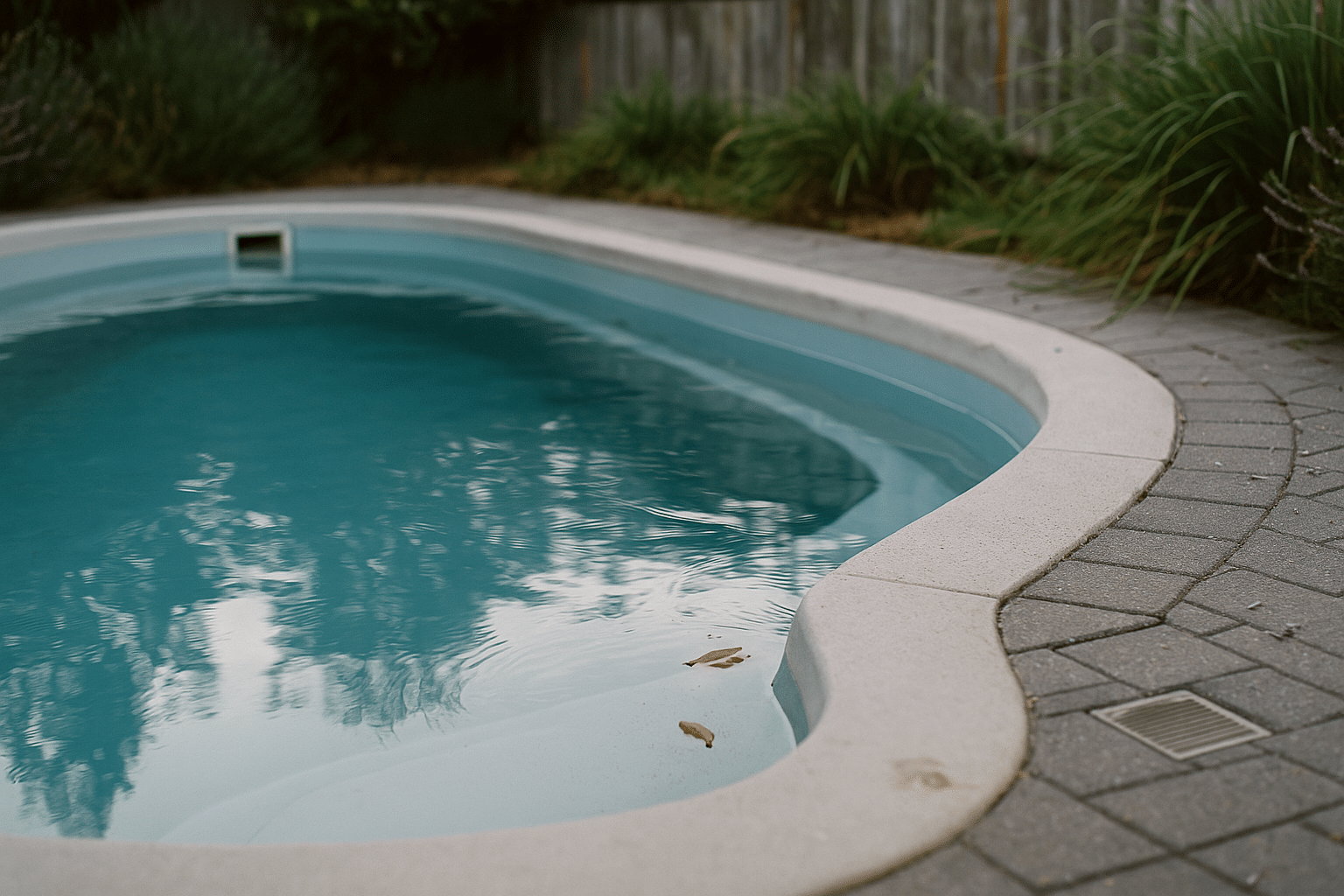
Documentary Videography: Capturing Real Stories
Documentary videography stands as a powerful medium for storytelling, capturing the essence of real-life narratives that resonate deeply with audiences. It bridges the gap between reality and art, offering viewers a glimpse into the lives and events that shape our world.
Documentary videography is more than just filming reality; it’s about telling stories that matter. According to renowned filmmaker Errol Morris, “Truth is not subjective; it’s objective. But it’s filtered through our perceptions.” This insight underscores the importance of perspective in documentary work, where filmmakers strive to present truth while acknowledging their own interpretative lens.
Why Documentary Videography Matters
Documentaries have the power to educate, inform, and inspire. A report by the Documentary Organization of Canada highlights that 86% of viewers believe documentaries increase awareness of social issues. This statistic reflects the medium’s unique capacity to engage audiences on important topics.
Real Stories, Real Impact
Consider the story of a small-town community banding together to save their local school. Through a documentary lens, their journey becomes a narrative of resilience and unity, capturing the human spirit in its rawest form. These stories provide a platform for voices that might otherwise remain unheard.
Actionable Tips for Aspiring Documentary Videographers
- Research Thoroughly: Understand your subject deeply to convey authenticity.
- Build Trust: Establish rapport with your subjects to capture genuine emotions.
- Stay Flexible: Be prepared to adapt to changing circumstances during shooting.
- Focus on Storytelling: Prioritize narrative flow over technical perfection.
Comparing Documentary Styles
| Style | Characteristics |
|---|---|
| Expository | Focuses on informing and educating with a clear narrative direction. |
| Observational | Captures events as they happen without interference or commentary. |
| Participatory | Filmmaker actively engages with the subject matter. |
| Reflexive | Highlights the filmmaking process and its impact on the story. |
| Performative | Emphasizes the filmmaker’s personal experience and emotional response. |
| Docudrama | Reenacts real-life events with actors to add dramatic effect. |
| Mockumentary | Uses a documentary style to tell a fictional story, often humorous. |
| Poetic | Focuses on visual and acoustic rhythms to evoke emotion. |
Frequently Asked Questions
What equipment do I need for documentary videography?
Invest in a good quality camera, microphone, and tripod to start. As you progress, consider additional lighting and stabilization tools.
How do I choose a documentary topic?
Look for stories that resonate personally with you and have a clear narrative arc.
Documentary videography offers a versatile and impactful way to share real stories with the world. Whether you’re highlighting social issues or personal journeys, your work can inspire change and foster understanding. By focusing on authenticity and narrative, you can create documentaries that leave a lasting impression.


